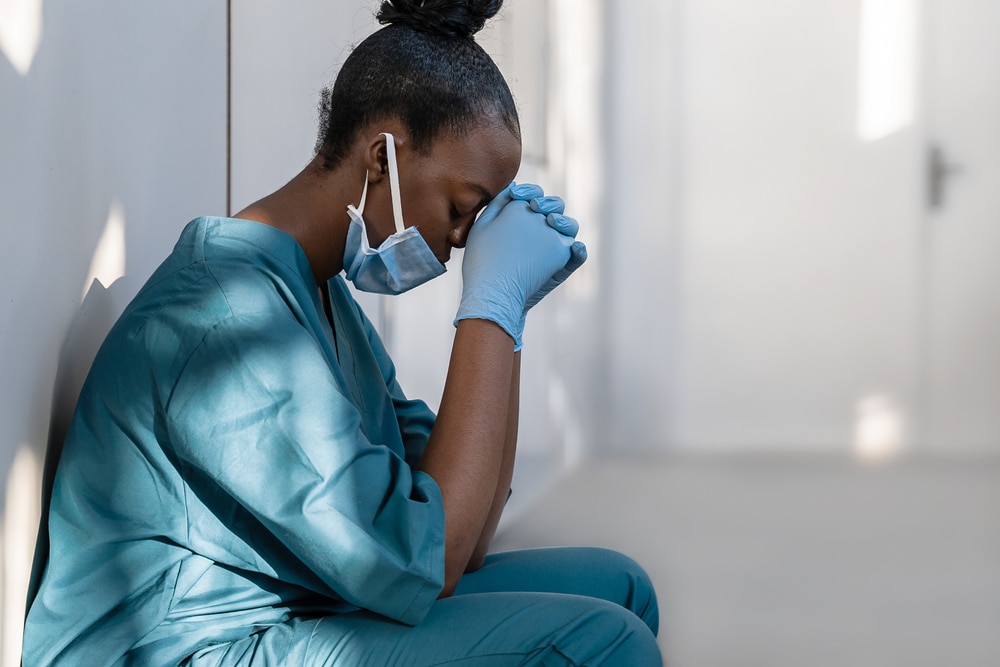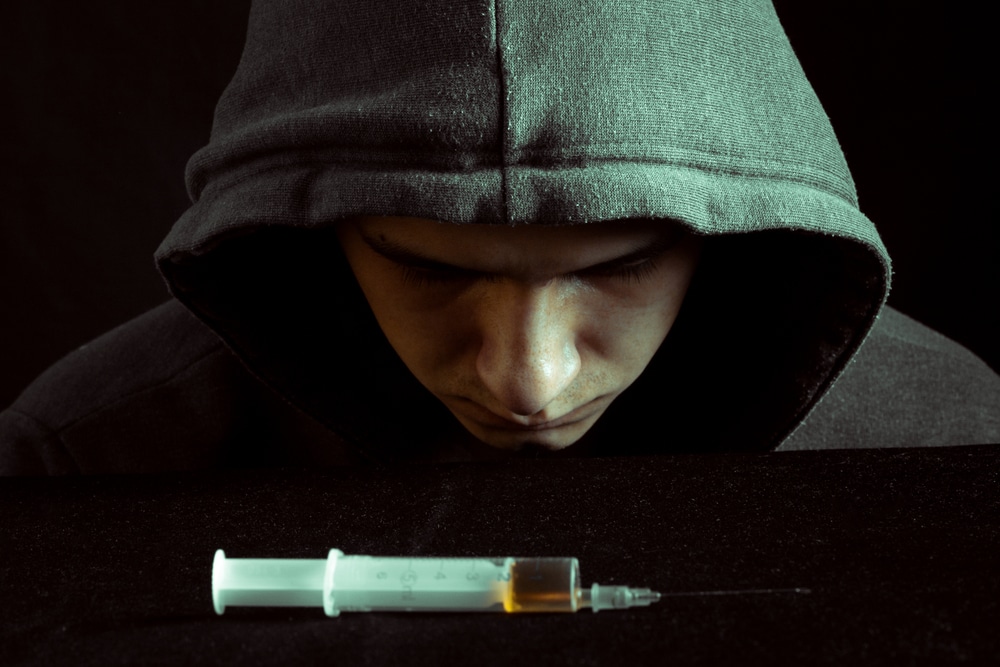
The number of drug overdose deaths in the United States has skyrocketed in recent years, with opioids leading the way as one of the most deadly and addictive substances. Many even consider it a drug overdose epidemic. According to the CDC, there were approximately 107,000 overdose deaths in 2021. In the same year, SAMSHA identified 141,529 unweighted drug-related ER visits from its analysis of 52 hospitals.
If these numbers are anything to go by, it's evident that addiction is a major problem in the US.
And yet, despite this alarming trend, many US hospitals and emergency departments lack dedicated addiction specialists who can help those suffering from substance or opioid use disorder. This is a glaring omission, especially given how critical an early intervention can be for someone in the throes of addiction.
Without access to addiction specialists on staff, people with substance abuse problems may not get the help they need at a crucial juncture. As a result, they may go through multiple hospitals or ER visits. A lucky few will be connected with a treatment facility while they're still at the hospital.

For everyone else, they walk out with a phone number to call, or often, nothing at all. Once they leave, many of these people go back to their old habits and never make the effort to call the number they've been given.
There's a clear need for hospitals to do better when it comes to addiction treatment. So why is it that so many don't have addiction specialists on staff?
If you go to a hospital with a kidney problem, you'll likely be seen by a nephrologist. If you have a heart condition, you'll be seen by a cardiologist. But if you're struggling with addiction, chances are you won't see an addiction specialist.
Only a few hospitals have someone who specializes in addiction medicine on staff. A majority of hospitals focus on primary care. Addiction is left untreated.
This is a problem because addiction is a disease requiring specialized care. Without access to an addiction specialist in ERs, people with substance use disorder are often left at the mercy of whoever happens to be on call. This could be a general practitioner, an ER doctor, or even a social worker, most of whom have very little training in physiology, medications, and other aspects of treatment.
For years, addiction prevention and treatment services have been delivered separately from other general and mental health care services. Drug and alcohol abuse has traditionally been viewed as a criminal or social problem. As such, prevention services were not typically considered a responsibility of health care systems. For this reason, those struggling with substance use disorders have had access to only a limited range of treatment options that were generally not covered by insurance.
In a nutshell, most hospitals don't have specialists because:
For a long time, addiction has not been seen as a medical problem but rather a social or psychological one. Some medical staff still see it as a moral issue and not something that requires formal medical treatment. This attitude can make it hard to justify dedicating staff and resources to addiction treatment.
Additionally, many hospitals are already understaffed and overstretched, so it could be difficult to add another specialist.

And finally, there's the question of reimbursement. Addiction treatment is notoriously underfunded, and many insurance companies don't cover the cost of specialized care. Hospitals can find it hard to recoup the cost of hiring an addiction specialist.
NPR shared a story of a 63-year-old heroin addict, Marie, who was admitted to Salem Hospital, north of Boston, for COPD. The next day, she was told she was ready for discharge after the doctor had confirmed that her oxygen levels were good. But the woman was experiencing heavy withdrawal symptoms and could not move. She didn't want to leave the hospital but felt like she had no choice.
Sadly, most hospitals would still let her go despite her pain and condition. Sometimes, she'll be issued a list of detox programs or rehab centers to call. But more likely, she'll be sent on her way with no real plan or hope for recovery.
This is a typical story of what's happening in many US hospitals. Marie was lucky to have found a doctor who administered her some medications that helped. But every day, people with addiction walk into ERs across the country only to be discharged without real help or support.
This is dangerous because it increases the likelihood of patients relapsing and overdosing. In fact, research shows that patients have a higher chance of overdosing within a few days or weeks of being discharged from the hospital.

An addiction specialist is a medical professional specifically trained to diagnose and treat patients with substance use disorders. These specialists can provide critical support to patients who walk into the ER for various reasons but have an underlying addiction problem. Salem Hospital is one of the few hospitals that has succeeded in naming addiction as a specialty and hiring people with training in the disease.
And despite reservations from some staff, the addiction specialists get overwhelmed many days with referrals - a clear sign of the need for their services. The trend is similar in five other Massachusetts hospitals that added addiction specialists in the last three years. These facilities are funded by HEALing Communities study. Addiction specialists can help patients in several ways, including:
Addiction specialists are vital in helping patients get the treatment they need. They can also refer them to a reputable treatment facility for specialized care. Hospitals can provide a much-needed service to their communities by having these professionals on staff.
According to the National Institutes of Health, effective integration of addiction prevention, treatment, and recovery solution across healthcare systems can help address drug abuse and related issues. This is also the most promising way to improve access to and quality of treatment.